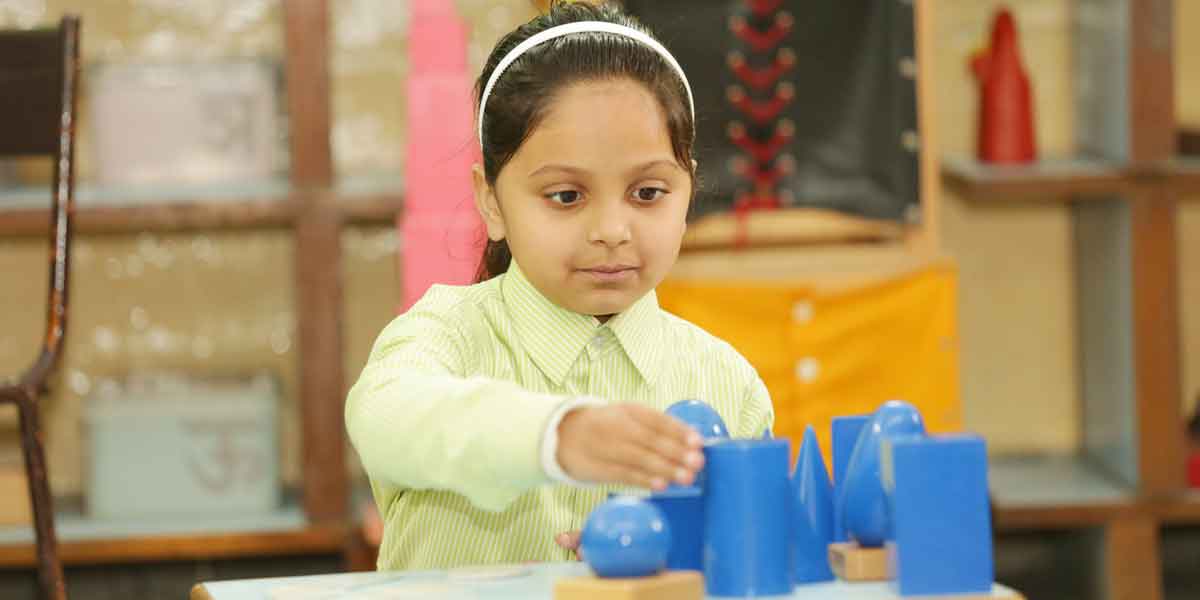
Picture a classroom before exams. Anxiety hangs thick. Marks, results, all geared to one moment: the end. But what if the end is actually the beginning of a lifelong loss? Unknowingly, education has drawn a line: study hard, take exams, collect your report card, and you’re done. "Lifelong learning" is painted as an afterthought, something for hobbyists or those desperate to catch up.
Enter any workplace and witness this mindset in action. Nervousness about new technology, hesitancy to take on difficult tasks. Those are not personal failings. They are the consequences of a system that told us learning finishes when school ends. If learning stops in our teens, is it any surprise so many adults feel threatened by change?
The Report Card Paradox is this: for years, our milestones shouted, "You did it!" when perhaps they should have whispered, "There’s more to come." Year after year, batch after batch, children absorb the same hidden message: knowledge is a destination. Unlearn that, and the world opens up. Leave it in place, and even the brightest young minds hesitate to ask, explore, innovate.
When teenagers feel ashamed to ask questions, or young adults feel awkward about retraining, it isn't a personal flaw. It's an educational legacy.
Return to day one. Who wins in the real world? Not the “toppers,” but the lifelong students. The most satisfied engineers, doctors, or managers are the ones who, like curious schoolchildren, say with enthusiasm, “I don’t know, but I want to know.” They relish the unknown, laugh off mistakes, ask “silly” questions, and delight in small breakthroughs. Their ignorance isn’t their greatest shame, it’s their greatest leverage. Contrast this with those who wear their marks like shields, afraid to appear “junior” even to themselves.
In the real world, there is no finish line. The world outside the classroom evolves so fast, “knowing it all” is a fantasy. Today’s skills fade quicker than yesterday’s technology. In this world, the “learned” risk falling behind, but the true learners, curious, flexible, ready to begin again, race ahead.
We don’t just need students who score well in exams; we need young people who can become beginners every single day.
Let’s celebrate curiosity, not completion. What if the applause after exams wasn’t for a finish, but for a lifelong curiosity? What if the proudest line wasn’t, “I’m done,” but, “I’m still learning”?
Now, imagine a culture where asking questions is viewed as strength rather than weakness. Imagine if every student, from Class 1 to Class 12, stood up and said, “I’m a work in progress, and proud of it.”
The takeaway is: it is time to retire the myth that learning ends. Let us encourage every student to become a “professional beginner.” In the India of tomorrow, only one question matters: Are we brave enough to stay curious?
The problem is not just academic pressure. It’s cultural. Families, schools, even society at large have tied a child’s worth to grades, ranks, and report cards.
A single percentage point in Class 10 or 12 can decide scholarships, admissions, and even marriage prospects in some places. Under this shadow, learning itself becomes secondary; what matters is scoring.
And once those exams are done, students are conditioned to breathe a sigh of relief. “Finally, no more studying.” The finish line is celebrated. But in truth, the very act of saying “done” is where the long-term damage begins.
This is why many adults later feel anxious when asked to learn something new at work, or embarrassed to admit they don’t know a new tool or skill. Instead of seeing ignorance as the natural beginning of growth, they have been conditioned to see it as failure.
The world doesn’t care about your old marks. Let’s be honest: when was the last time anyone asked you your 10th standard score? Or which section of chemistry you topped in? The workplace rewards adaptability, creativity, collaboration, and resilience.
Yet our schools rarely train children to vaThey are conditioned to see knowledge as coming in chapters, ending in exams, and being recorded in a mark sheet. The irony hurts: by the time students finish school, they may know how to solve quadratic equations, but they may not know how to ask a question unhesitatingly.
What schools could do differently:
- Change the Applause: Instead of only recognizing those with the top marks, schools could give equivalent recognition to persistence, creativity, or curiosity.
- Normalize Failure: Let children see that we make mistakes in order to grow.
- Order learning and reflection: "Did I put in the effort?" "What can I do better?"
- Role Models: Bring in professionals who talk not about their perfect grades: an architect learning sustainability, a doctor learning new procedures, a farmer experimenting with new crops.
The future belongs to those who can repeatedly start from scratch without fear. That means every child must be taught not to cling to the report card but to the question mark.
This is not just philosophy. It’s survival. The skills needed for tomorrow’s jobs will shift constantly. Coding today, climate science tomorrow, AI and something unimaginable next. If our children are afraid of being beginners, they will always be behind. If they embrace it, they will always be ahead.
What if households, instead of asking after exams “How many marks did you get?” asked, “What new thing did you discover this week?” What if school assemblies ended not with ranks, but with students sharing questions that still puzzle them? What if children were raised to see learning as infinite, not something stamped “completed” at age 16?
Our need for change extends beyond pedagogy and curriculum. It is in culture. It’s in how we, as parents, teachers, and communities, redefine success. This all begins with the school.
Because in the world of tomorrow, the real winners won’t be those who once topped the class, but those who stayed learners for life.